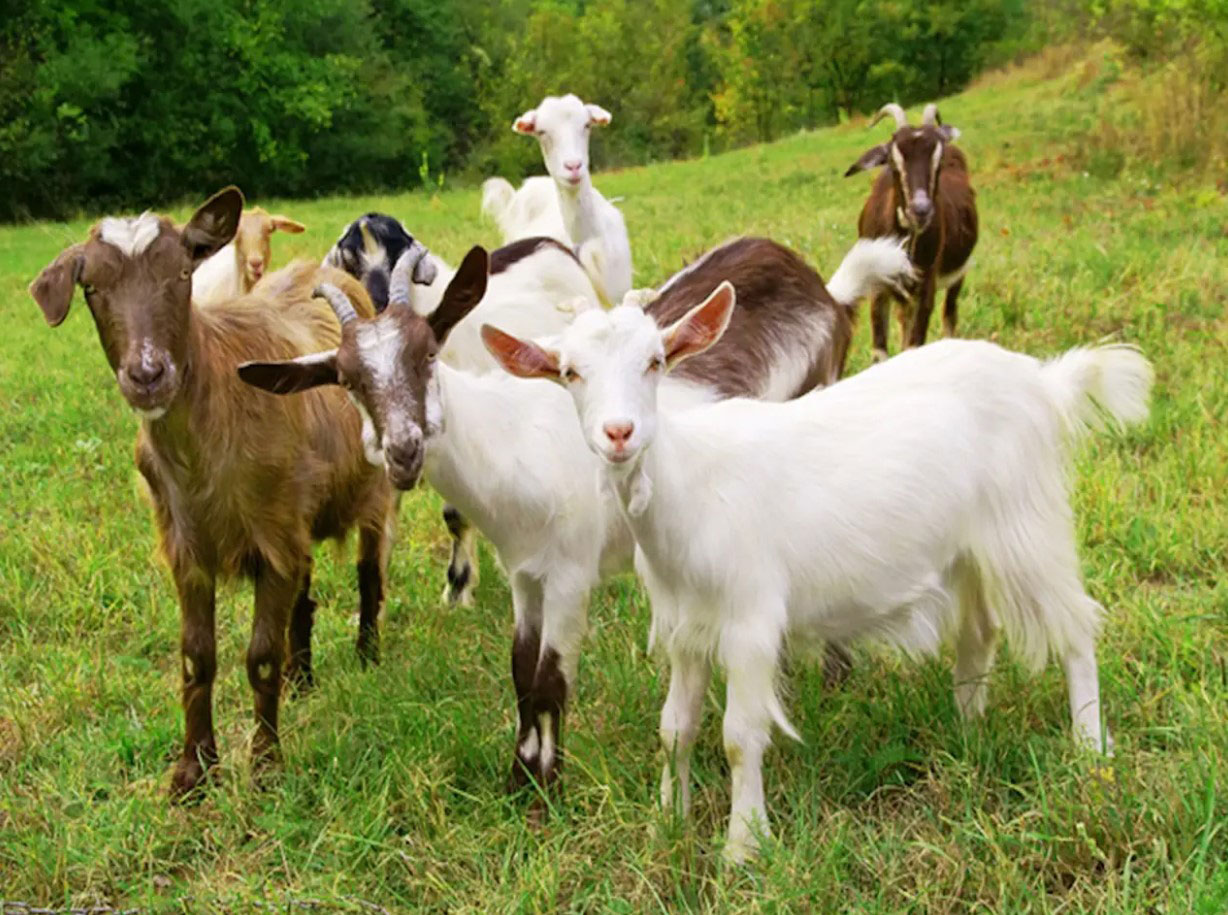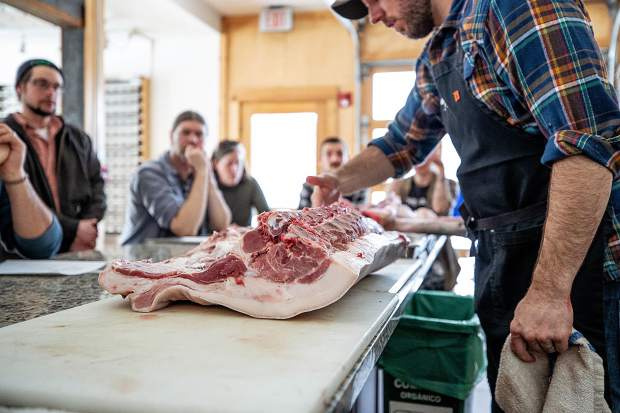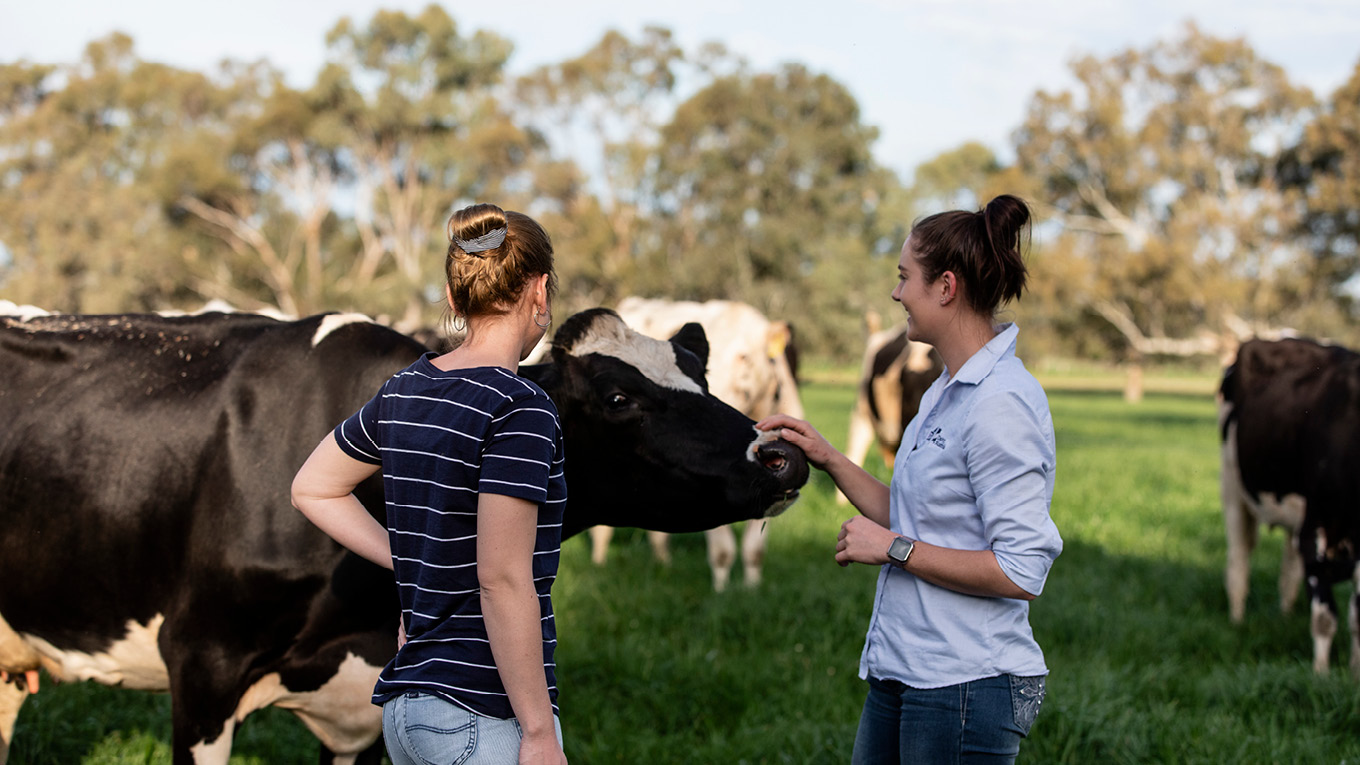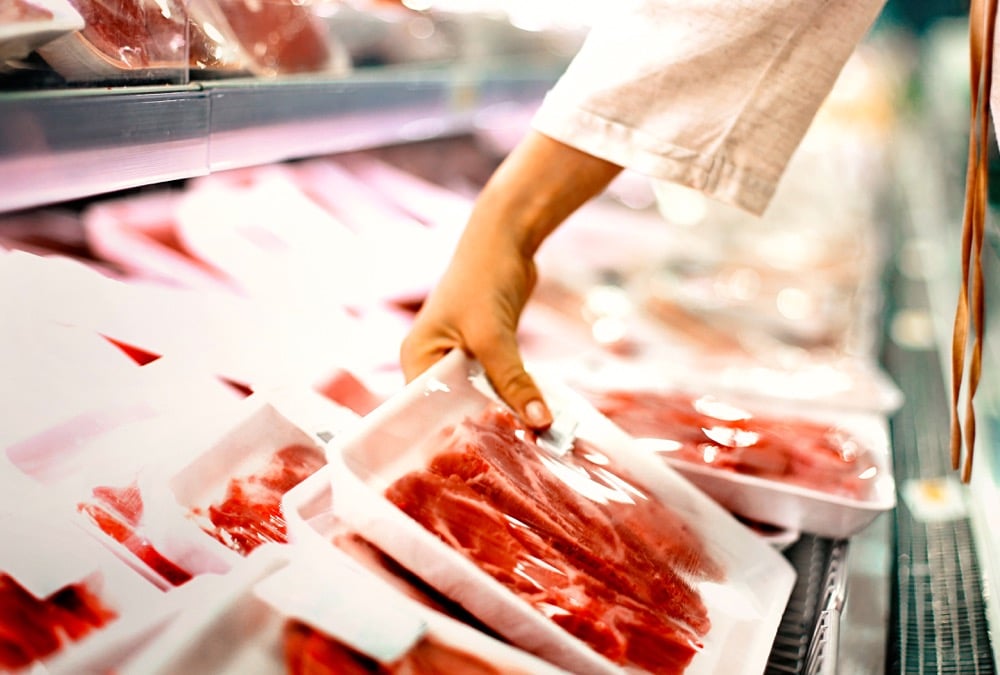WE ARE TAKING ALBERTA BACK
DID YOU KNOW THAT 2 FOREIGN-OWNED COMPANIES PROCESS OVER 95% OF CANADA’S BEEF?
- Up until 2020, it was illegal for Ranchers to sell to the consumer without having the animal pass through a licensed and inspected kill facility first. This meant that the only way to get meat off the farm and into grocery stores was to deal with one of two foreign owned processing companies.
- This gave the processors the ability to set prices in the market, without having to pay the farmer more for their product. When COVID-19 restrictions caused these facilities to shut down, the government was forced to pass legislation allowing Ranches to sell directly from the farm, finally creating a solution for Ranchers and conscientious consumers alike.
- By taking advantage of the new mobile butcher permit, Alberta Farm To Table is able to offer clean, locally sourced meat delivered directly to your door, for less than shopping at the grocery store.
Why We Do What We Do:
- To Ensure Ranchers Are Paid Fairly For Their Livestock
- To Save You Money, Allowing Your Family To Eat Better For Less
- To Completely Eliminate The Stress On Livestock Associated With Live Trucking and Handling In A Kill Facility.
- To Keep Albertan’s Dollars In Alberta
- To Ensure Only Ranches Using Sustainable Farming Methods Are Being Supported
- To Allow More Independent Ranchers To Profit Off Their Labour
- To Reduce Food Waste And Ensure Environmental Sustainability
How We’ve Made This Work:
- We Only Slaughter On-Farm, With Innovative Butchering Equipment, At Ranches We Trust
- We’ve Reduced The Hassle Associated With Group-Ordering
- We’ve Completely Eliminated The Need For A Deepfreeze Associated With Bulk Ordering
- We Ship Directly To Your Door At Your Chosen Intervals
Fixing a Broken System
Animal Welfare:
We believe that when there is an easy opportunity to improve the welfare of animals, it should be taken into consideration. Livestock feel a great deal of stress during the trucking, mixing, and handling that is an integral part of the current meat supply chain. We ensure that the animal does not have to undergo any of this stress by completing our slaughter on the farm from a distance.
Community:
Our goal is not to grow sales for only one Ranch. Nor is it to offer only a small amount of people the opportunity to buy meat for a fair price. We aim to open the doors for any rancher who is dedicated to the prosperity of our province to sell the product of their labour directly to families with common interests.
Economy:
A large part of the Alberta economy is farming, with 42% of Canadas beef output occurring in our province. The economic outlook for farms is that the industry will continue to consolidate, as smaller farms get bought up, and aging farmers leave the industry without interested family to continue the farm. As farms get larger, it is our concern that the shift towards productivity and efficiency will reduce the current conscientious nature of Albertan ranching. It will be more efficient for these farms to reduce their overall space per head, and disrupt the current grazing pattern for cattle, and instead implement a penned, indoor model using more automated technology, and employing less Albertan workers. As these larger companies begin to reach operational efficiency, they can reduce the cost of their livestock to further force independents into bankruptcy. With the average farm retaining a roughly 10% margin on their labour and product, it will not take much to make farming entirely uneconomical for the independent farm. When this happens, large corporations will own the means of food production, processing, and distribution in the province. It is likely that these corporations will continue not be Canadian owned or have the best interest of Alberta in mind.
Environmental Sustainability:
In the late 2000s, Statistics Canada (2009), concluded that about 38%, or 183 kg per person, of the solid food available for retail sale was wasted in 2007. Similarly, 39% of all red meat available for consumption will go to waste. By ensuring all parts of the livestock has been sold prior to slaughter, and then freezing that meat and delivering as needed, we ensure no meat goes to waste. The current supply chain of meat sitting in a display refrigerator slowly going bad, only to be thrown away if nobody purchases it is inefficient economically, and environmentally. This means more waste in landfills, more unnecessary production, and less money in the pockets of consumers.






